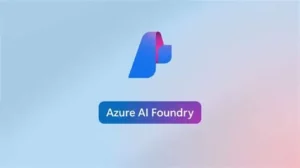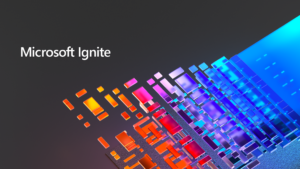Microsoft has officially introduced Radius, an open-source project aimed at simplifying the management of cloud-native applications. As applications grow in complexity, spanning various components and operating locations, Radius steps in to enhance manageability.
What does Radius bring to the table? It serves as a connective framework for common cloud tools and platforms such as Kubernetes, Dapr, Terraform, GitHub Actions, and more. By providing an application graph and utilizing the concept of recipes, Radius defines complete applications and their components, streamlining deployment and connectivity.
Why is this significant? Managing cloud-native and portable apps has become challenging, making it harder to identify problems, dependencies, and maintain app security. Radius addresses these challenges head-on.
Here’s the key information you need to know:
- Radius leverages industry standards like Kubernetes and Dapr, ensuring compatibility with existing investments.
- Radius supports multiple clouds, including Azure, AWS, and Google Cloud Platform, offering flexibility for various cloud environments.
- Developed by Microsoft to address their own challenges, Radius is now open source, encouraging a community-driven approach and potentially setting future standards.
Interested in exploring Radius? Delve into the details, documentation, and source code here. Or, as always, feel free to reach out to Serverless Solutions or to a trusted advisor.




